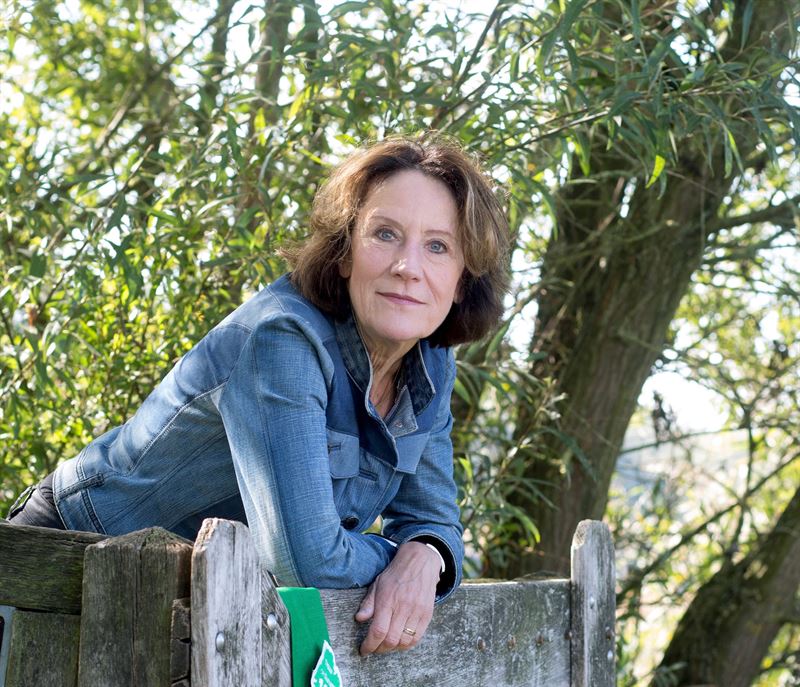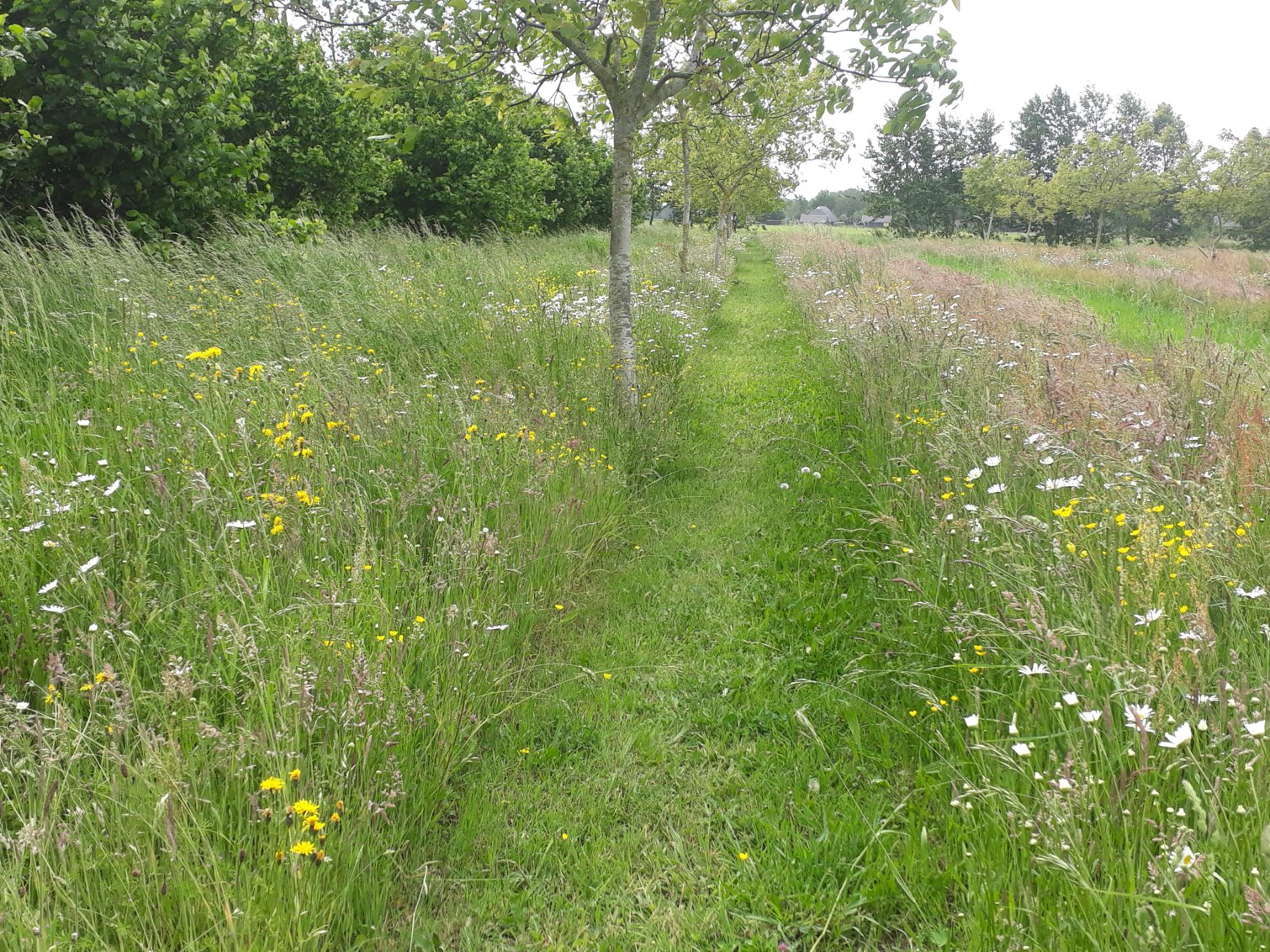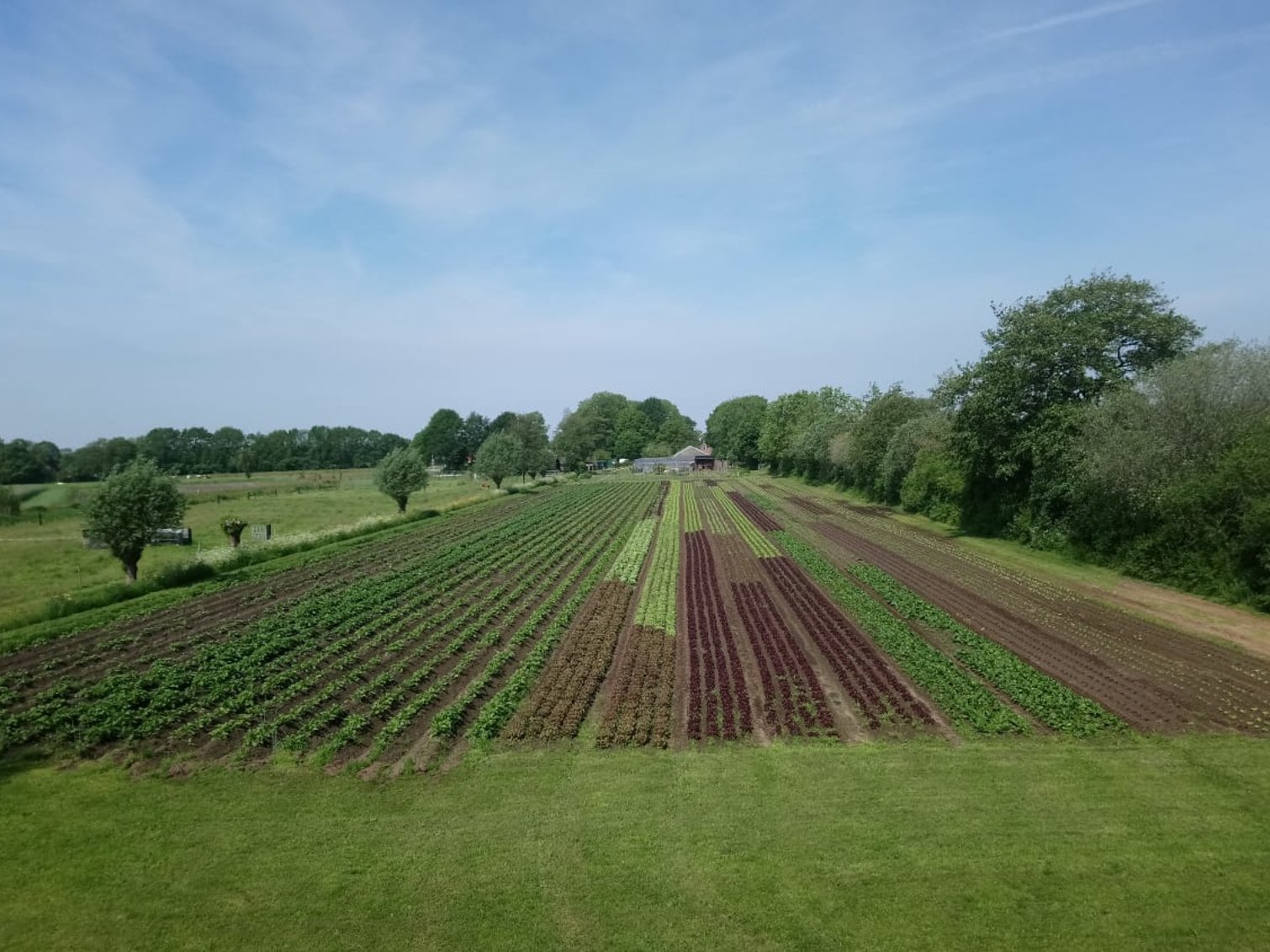
- Good Stuff -
- 5mins -
- 337 views
How producing our food sustainably helps restore our planet’s biodiversity
Prof. Dr. Louise Vet suggests that instead of spreading produce all over the world, we should have a more localised production, in tandem with the best knowledge of how to do that in a more nature-inclusive way.
How sustainably produced food helps restore biodiversity
Prof. Dr. Louise E.M. Vet says her biggest worry is not COVID, and it is not even climate: it’s biodiversity loss, because we are one planet, and there is no ‘Planet B’ — basically, says Vet, this whole natural system is the very system that makes it possible for us as humans to live on this planet, and we must work with our natural capital and live off the interest, and not live off the capital. The Professor warns that what we are doing now is we are destroying the capital, and eventually there will be nothing left. However, Vet also offers a viable alternative to this bleak forecast.

together for biodiversity: turning biodiversity loss into recovery together
The decline in the wealth of animals and plants has been very rapid in the Netherlands. Visible and invisible. Because that decrease has just as much impact above the ground as in the soil and below the water surface. And it ranges from unicellular organisms to insects and from fish, birds or mammals to trees and plants.
Biodiversity is essential for maintaining ecosystems and thus a healthy living environment. Nature organisations, farmers, scientists, banks and companies are aware of this problem and have joined forces.
In 2018, 19 parties united in Samen Voor Biodiversiteit (Together for Biodiversity) to work together on the Delta Plan for Biodiversity Restoration. Meanwhile, 100+ partners and supporters have also joined the movement. With only one goal: a richer Netherlands. Professor Vet is Chair of this organisation.
Delta Plan Biodiversity Recovery Foundation approach
The core of the approach is that everyone can stimulate and appreciate land users – such as nature managers, farmers, governments and private individuals – for their performance that contributes to the recovery of biodiversity. By making these performances unambiguously measurable, rewards can be stacked and it can also be seen how these performances add up to real biodiversity gains. Good monitoring is indispensable and is also part of the approach, as is cooperation between the various areas in the Netherlands.
Nature, agriculture and public space and cities
Nature areas, agricultural areas, public space and cities are of great importance for biodiversity in the Netherlands, because nature has no sharp boundaries. Just look at the insects that pollinate crops and the meadow birds and butterflies that feel at home in nature reserves as well as in the city. If all land users in an area start working together, there will be more opportunities for wild plants and animals. For example, via a tiny forest in the city, a wood embankment connecting nature reserves, a herb-rich grassland or a railway embankment full of flowers. In this way endangered species can recover and nature can better adapt to climate change.
We cannot do it alone
It is now time for the next step. The Delta Plan came about thanks to many people and organisations involved. In order to be successful, they stills need more parties that have not yet sat at the table, such as ministries, provinces, water boards and municipalities who can provide new policy. But companies, interest groups and private individuals can also contribute. See below for details (in Dutch only)
Source: SamenVoorBiodoversiteit

Prof. dr. Vet certainly knows her onions: awards and plaudits
Louise E.M. Vet is former director of the Netherlands Institute of Ecology (NIOO), one of the largest institutes of the Royal Netherlands Academy of Arts and Sciences (KNAW), and emeritus professor of Evolutionary Ecology at Wageningen University.
She is a biologist with a broad interest in ecology and evolution of multitrophic interactions. Her research involves chemical, behavioural and molecular ecology of plants and insects in a community context, delivering basic knowledge for the strategic development of sustainable agro-ecosystems that are primarily based on the prevention of pests and diseases (life-support function of biodiversity). She is an elected member of the Royal Netherlands Academy of Arts and Sciences.
Vet was awarded several international prizes for her research (e.g. British Rank Prize for Nutrition) and serves on a diversity of national and international boards and committees. In addition to her professional interest in high quality ecological scientific research she has a special interest in communicating the importance of ecology to the general public (lectures, columns, media).
Vet’s outreach focuses on achieving a positive interaction between ecology and economy
Practice what you preach: from 2009-2011 she was the driving force behind the new NIOO building, the most sustainable laboratory/office complex in the Netherlands (www.nioo.knaw.nl/en/building), based on Cradle to cradle/Circle Economy principles, for which she received the 2012 Golden Pyramid state prize for excellence in commissioning work in architecture. Linked to these outreach activities Vet stimulates public-private partnerships to encourage new eco-technological developments.
Presently, in addition to the many other boards and committees that she serves on, she is chairing a broad societal coalition of scientists, nature organisations, agro-food chain, farmers, retail, banks that is working towards a large national plan to bend the curve of biodiversity decline (Deltaplan Biodiversiteitsherstel). See samenvoorbiodiversiteit.nl
In December 2017 she was awarded the highest honour of the British Ecological Society. This Honorary Membership recognises exceptional contributions at international level to the generation, communication and promotion of ecological knowledge and solutions.
In 2018 she was elected number 1 in the Sustainable 100, the annual list of the Netherlands’ "greenest thinkers and doers".
Upon her step-down as director of NIOO on October 31, 2019 she received the distinction of Knight in the Order of the Lion of the Netherlands, one of the highest royal decorations.
Source: nioo.knaw.nl

TOGETHER FOR BIODIVERSITY embodies the mission of The Sustainable Urban Delta Foundation
Together For Biodiversity is a great example of the type of initiatives that embody the mission of The Sustainable Urban Delta Foundation, which is: to inspire and empower cities to become food producing communities, creating a healthy and sustainable living environment.
The Sustainable Urban Delta Foundation was established to inspire megacities to make choices that open the door to healthy and sustainable urban growth. A crucial element of their approach is the production of local, healthy and fresh food. This can either be done inside cities or on undeveloped agricultural land surrounding cities, known as green belts. Sustainable Urban Delta aims to be the catalyst and the connector in order to create a better future.
In order to show how urban environments can be transformed, Sustainable Urban Delta helps city governments, organisations and citizens to create tangible results. Watch their video on Together For Biodiversity below.
Source: SustainableUrbanDelta

